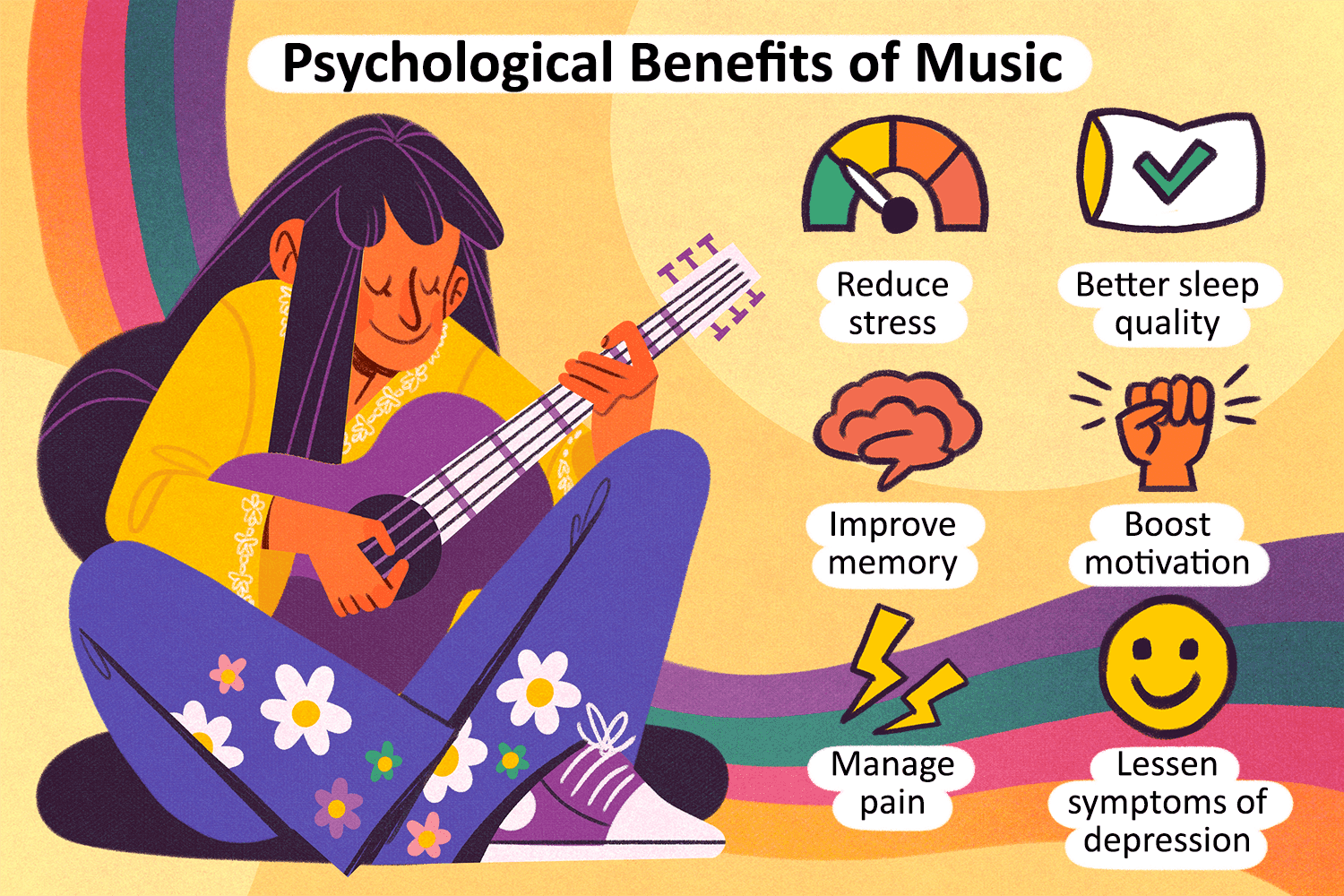Music therapy is a powerful and important therapeutic approach that brings numerous benefits to individuals of all ages and backgrounds. This content highlights 10 reasons why music therapy is effective and important. It explores how music therapy enhances emotional well-being, reduces stress and anxiety, improves cognitive abilities, enhances communication skills, boosts motivation and mood, improves physical rehabilitation, enhances social skills, provides a creative outlet, cultivates a sense of identity and self-esteem, and offers a sustainable and accessible therapy option. Overall, music therapy is shown to have a transformative impact on individuals’ lives and is a valuable resource for overall well-being.
10 Reasons Why Music Therapy is Effective and Important
1. Enhances Emotional Well-being
Music has a powerful impact on our emotions. Listening to or creating music can evoke a wide range of emotions, allowing individuals to explore and process their feelings in a therapeutic manner. Whether it’s joy, sadness, anger, or calmness, music therapy provides a safe outlet for emotional expression.
2. Reduces Stress and Anxiety
Engaging in music therapy can significantly lower stress levels and relieve anxiety. Research has shown that music has the ability to prompt physiological changes, such as reduced heart rate and blood pressure, promoting relaxation and overall well-being.
3. Improves Cognitive Abilities
Participating in music therapy can have a positive impact on cognitive function. It has been found to improve memory, attention span, and problem-solving skills. Music therapy stimulates various areas of the brain, enhancing mental abilities in individuals of all ages.
4. Enhances Communication Skills
Music therapy encourages communication and expression. It can be especially beneficial for individuals with speech and language disorders, as music can serve as a bridge for communication, allowing individuals to express themselves non-verbally and develop their verbal communication skills.
5. Boosts Motivation and Mood
Music has the power to uplift our spirits and increase our motivation. Whether it’s through listening, playing an instrument, or singing, music therapy can help individuals feel more motivated, energized, and optimistic. It can be particularly helpful in combating symptoms of depression and elevating mood.
6. Improves Physical Rehabilitation
Music therapy plays a valuable role in physical rehabilitation. Listening to music while engaging in physical exercises can enhance coordination, motor skills, and overall physical well-being. Rhythmic patterns in music can serve as cues for movement, making the rehabilitation process more engaging and effective.
7. Enhances Social Skills
Through group music therapy sessions, individuals can improve their social skills and develop a sense of belonging. Music has a unique way of bringing people together, fostering collaboration, and encouraging social interaction. It enables individuals to connect with others in a meaningful and enjoyable way.
8. Provides a Creative Outlet
Music therapy offers individuals a creative outlet for self-expression. Engaging in music-making activities allows individuals to tap into their imagination, explore their creativity, and find new ways of self-exploration. This can be particularly beneficial for individuals who may struggle to express themselves through conventional means.
9. Cultivates a Sense of Identity and Self-esteem
Participating in music therapy can help individuals develop a sense of identity and improve self-esteem. Through music, individuals can express and celebrate their own uniqueness, fostering feelings of self-worth and confidence. Music therapy provides a platform for individuals to discover their strengths and build a positive self-concept.
10. Sustainable and Accessible Therapy Option
One of the significant benefits of music therapy is its accessibility. Music is a universal language that transcends cultural, age, and ability barriers. It can be delivered in various settings, such as hospitals, schools, community centers, and even in the comfort of one’s own home. Music therapy offers a sustainable and adaptable form of therapy that can cater to the diverse needs of individuals.
In conclusion, music therapy is a powerful and important therapeutic approach that brings numerous benefits to individuals of all ages and backgrounds. From promoting emotional well-being and reducing stress to enhancing cognitive abilities and fostering social interaction, music therapy has the ability to transform lives. Its accessibility and effectiveness make it an invaluable tool in the field of therapy and a valuable resource for overall well-being.
